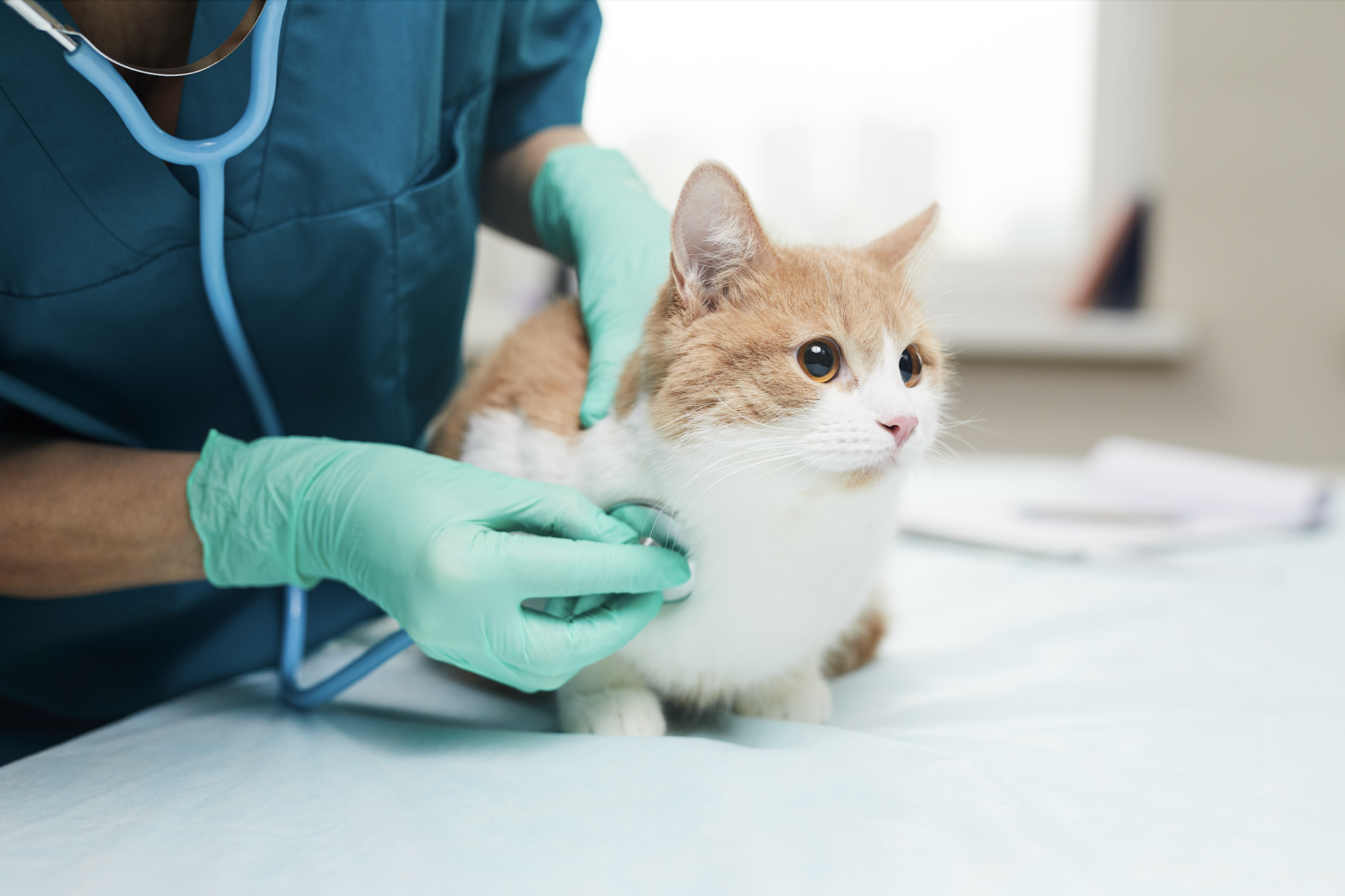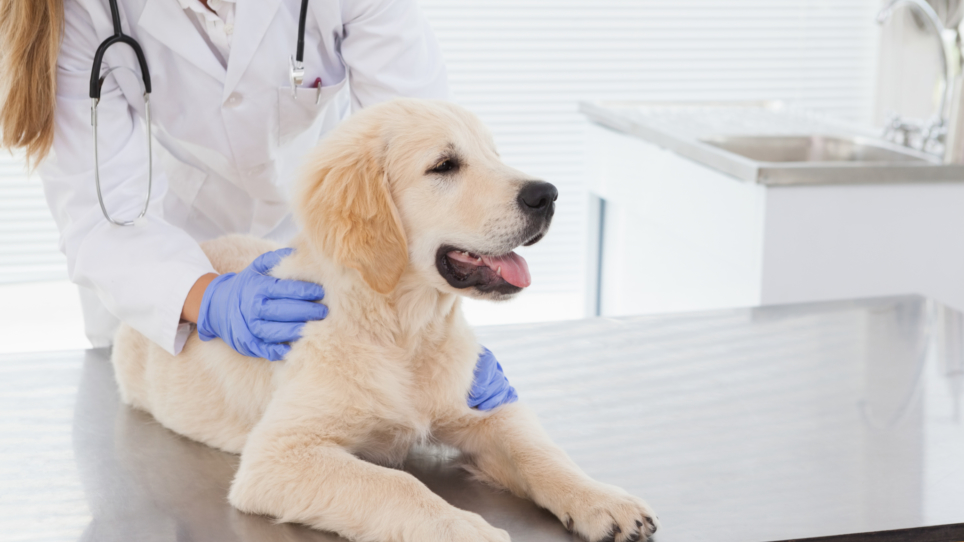Desexing your pets will not only prevent unwanted pregnancies but there are also many health benefits to getting your pet desexed.
As always, it’s a good idea to chat with your vet before going ahead with any procedure. This is because the recommended age for desexing can be different depending on the species and the breed of your pet.
Did you know that it also comes with a few health benefits that will help your furchild live a longer, healthier life?
Whether your best friend is a cat or a dog, we’ve put together a handy guide to the health benefits of desexing your pet.
The health benefits of desexing a cat
Every year AWL receives more than 6,000 animals and more than 50% of these animals are a result of unplanned pregnancies. Cats can start breeding as early as 4 months of age. Dogs reach sexual maturity around 7 to 12 months of age although this can be very variable depending on the breed.
Desexing your cat will also completely eliminate its chances of developing diseases of the ovaries and uterus in females and testicular cancer in males. The reason these diseases are eliminated is because the affected organs are removed during the desexing process. The main thing vets often see in undesexed female cats is pyometra, which is an infection that causes the uterus to fill with pus, resulting in the animal becoming critically ill. The worst case scenario is the uterus will leak or burst and the chances of recovery become very poor if that happens.
Studies indicate that desexed female cats are also less likely to develop breast cancer if they undergo the surgery early in life. This is also true for dogs. Female cats and dogs have 10 mammary glands, unlike humans who have just two.
When it comes to male cats, the main health benefits involve a reduction in problematic behaviour. Roaming, undesexed tomcats are more likely to get into fights which puts them at risk of contracting Feline Immunodeficiency Virus (FIV) – for which there is currently no cure. FIV is a complicated disease which attacks the immune system and leaves the cat vulnerable to opportunistic infections. such as slow-healing wounds, severe dental disease or skin disease.

The health benefits of desexing a dog
Some of the health benefits of desexing a dog cross over with those of cats. For example, desexed female dogs will not develop diseases of the ovaries or uterus, and will have a reduced likelihood of developing breast cancer just as in cats.
Male dogs will see the same benefits from being desexed as male cats in terms of the elimination of the risk of testicular cancer, but they will also see a reduced risk of prostate disease, perianal tumours and perineal hernias.
Where can I find more information about desexing my pet?
For more information about desexing your pet and responsible pet ownership in general, head to our blog.
To find a vet and book your pet in to be desexed, head to the Find a Vet section on our website.
Alternatively, Take the Pledge to desex your pet today and help raise awareness for responsible pet ownership.
